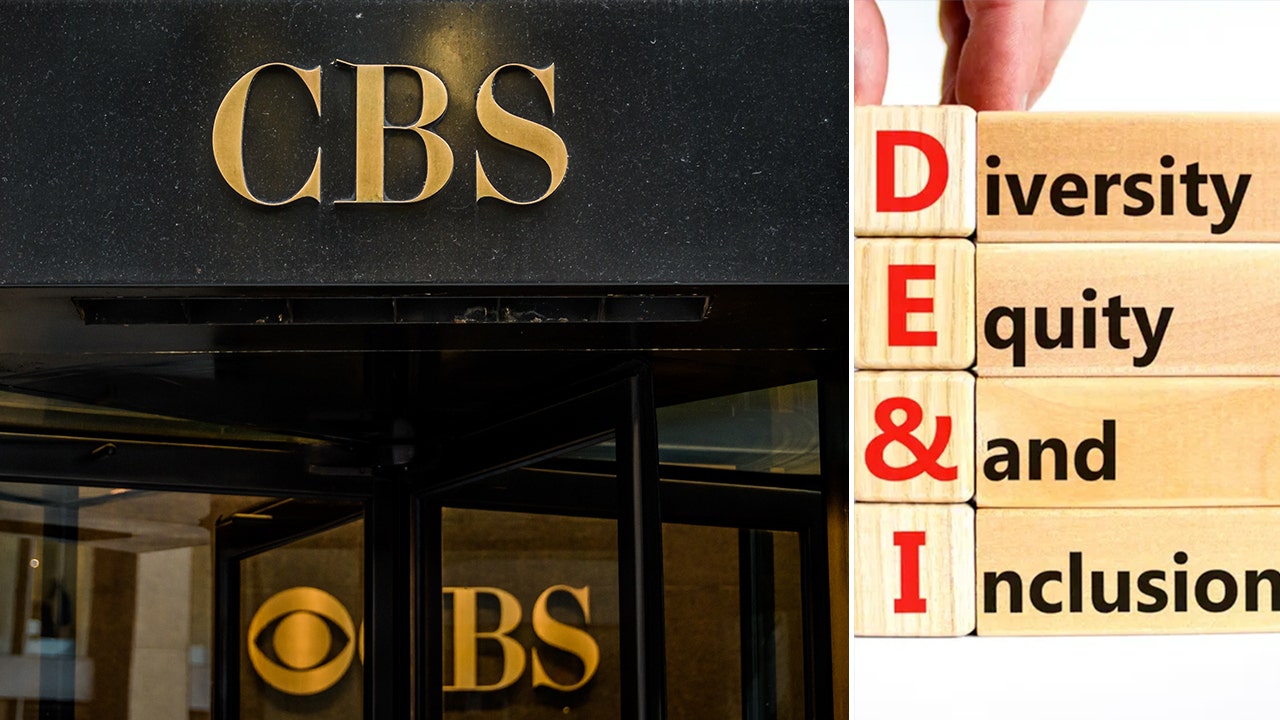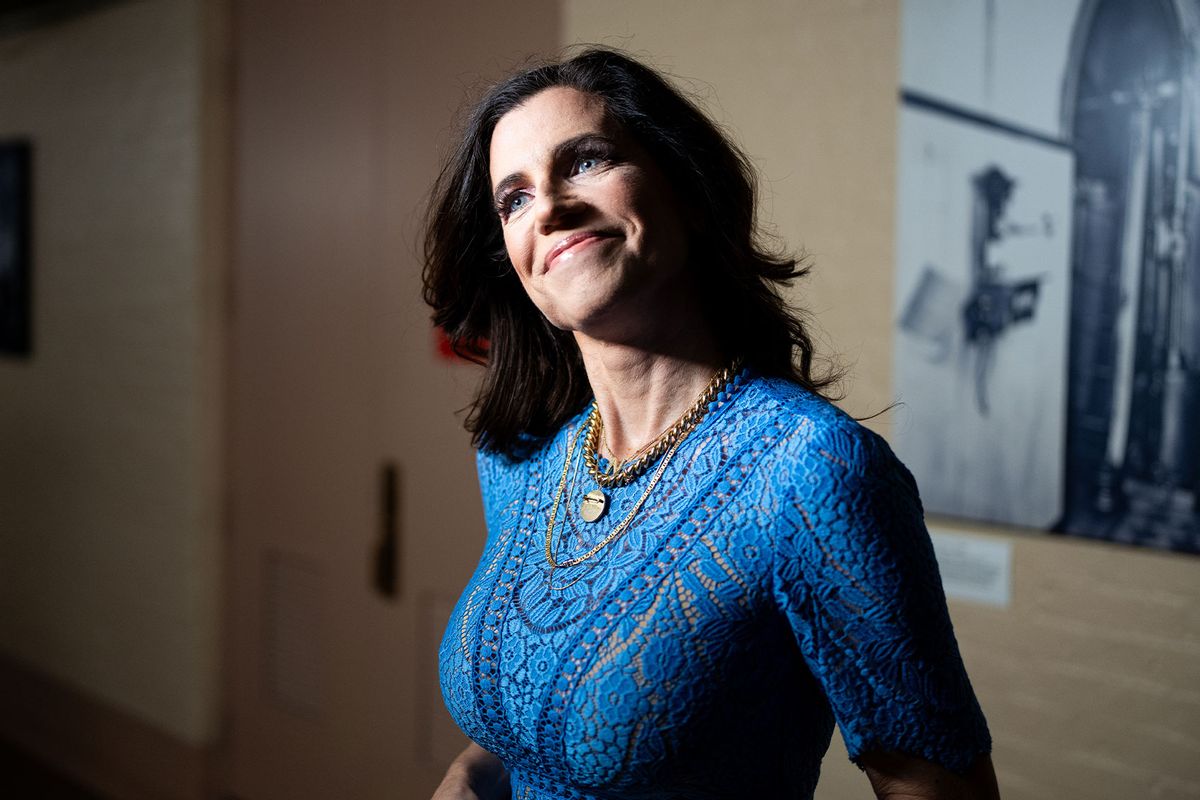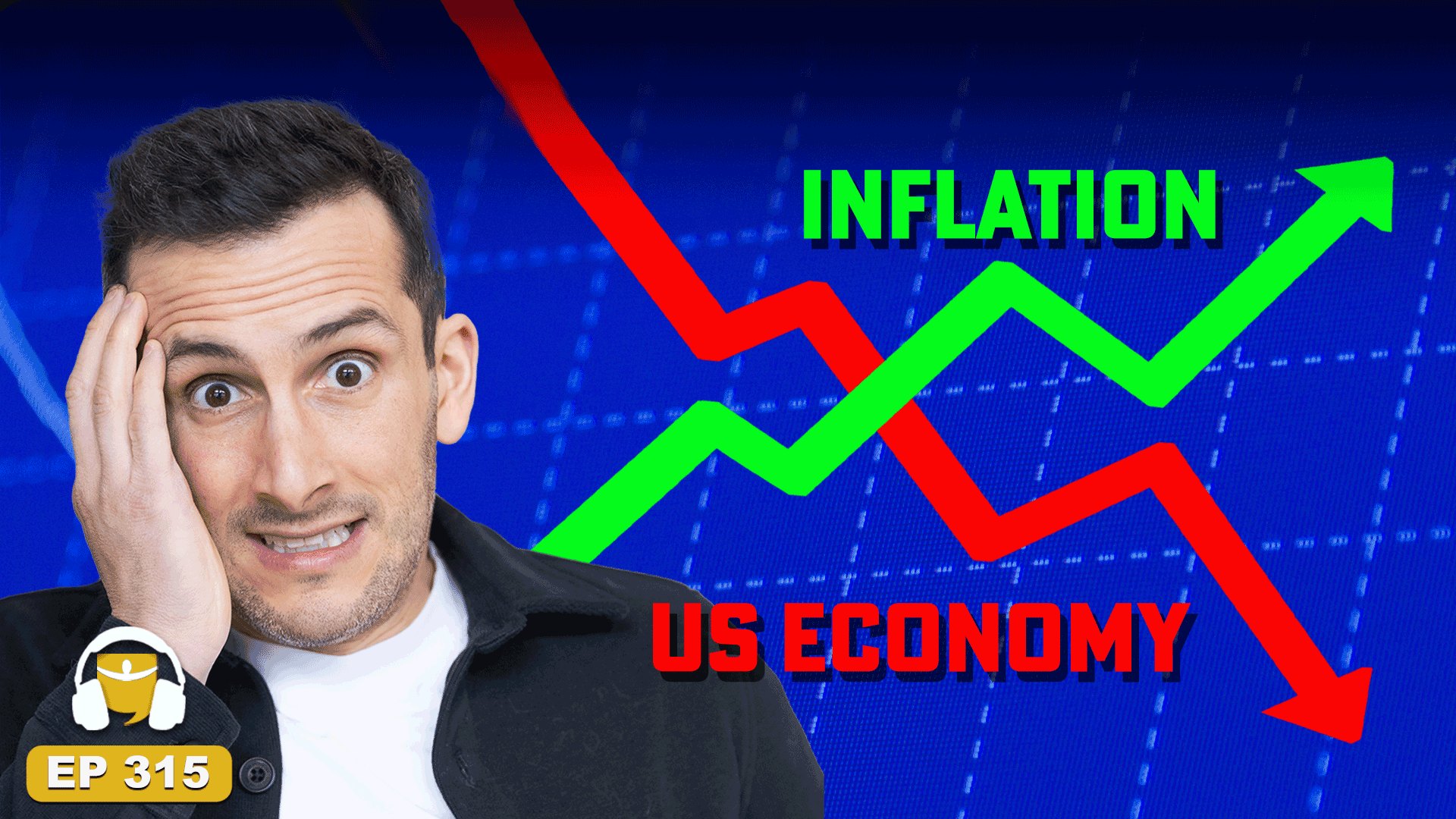German politicians in talks to form a new coalition government under conservative chancellor-in-waiting Friedrich Merz voiced hope Tuesday that they might reach a deal as early as this week.
Since winning February elections, the CDU/CSU block of Merz has been in negotiations with the centre-left SPD of caretaker Chancellor Olaf Scholz to form a new government by late this month or early May.
The talks to hammer out a joint policy platform for the next four years have gained urgency as US President Donald Trump has shaken up security ties and now sparked global trade chaos, and as Germany’s far-right AfD has surged further in the polls.
Speaking on Tuesday, CDU parliamentary leader Thorsten Frei said that in the talks, being held behind closed doors in Berlin, “we are making good overall progress, we have been able to clear many stumbling blocks”.
READ ALSO: How Germany is responding to the latest round of US tariffs
He said the timing of a definitive agreement “depends on the dynamics of the final hours”.
SPD negotiator Manuela Schwesig, state premier of Mecklenburg-Western Pomerania, also expressed confidence, saying she was hopeful “we can conclude this by the end of the week”.
And the CDU’s former health minister Jens Spahn said there was significant consensus on the need to revitalise the economy as US President Donald Trump has sparked market turmoil with the announcement of swingeing tariffs.
Given “what is happening in the global economy and what the USA is doing, there is great agreement here,” Spahn told public broadcaster Deutschlandfunk.
‘Lack of trust’
Scholz’s three-party coalition government collapsed in early November, and Merz has vowed a strong right-ward shift, a crackdown on immigration and steps to build up Germany’s long underfunded armed forces and its economy, which has shrunk for two years in a row.
Merz has secured major financial firepower for his ambitious plans after the outgoing parliament green-lit hundreds of billions of euros in extra spending and a softening of Germany’s strict debt rules.
However, this has already exposed him to internal party criticism and charges by the anti-immigration Alternative for Germany (AfD) party that he has broken campaign pledges and caved in to key demands of the left-leaning SPD.
Advertisement
The AfD scored a record vote result of over 20 percent in the February 23 elections, making it the second-strongest party, and has gained more support since, according to polls which this week have placed it neck-and-neck with the CDU/CSU at 24.5 percent.
Personal approval ratings for 69-year-old Merz have meanwhile suffered, heaping further pressure before he even takes power.
READ ALSO: What to expect when Germany’s coalition talks conclude
“There has never been a chancellor who started their term with so little trust,” political scientist Wolfgang Schröder, of Kassel University, told AFP.
While the SPD plans to ask its members to sign off on the final coalition deal, the CDU only plans to seek the approval of senior party figures.
CDU lawmaker Inge Grässle called for a grassroots survey to “pacify the CDU internally”, in comments to the Tagesspiegel daily, and urged her party “to embrace democratic processes instead of fostering a presidential approach”.




















Discussion about this post